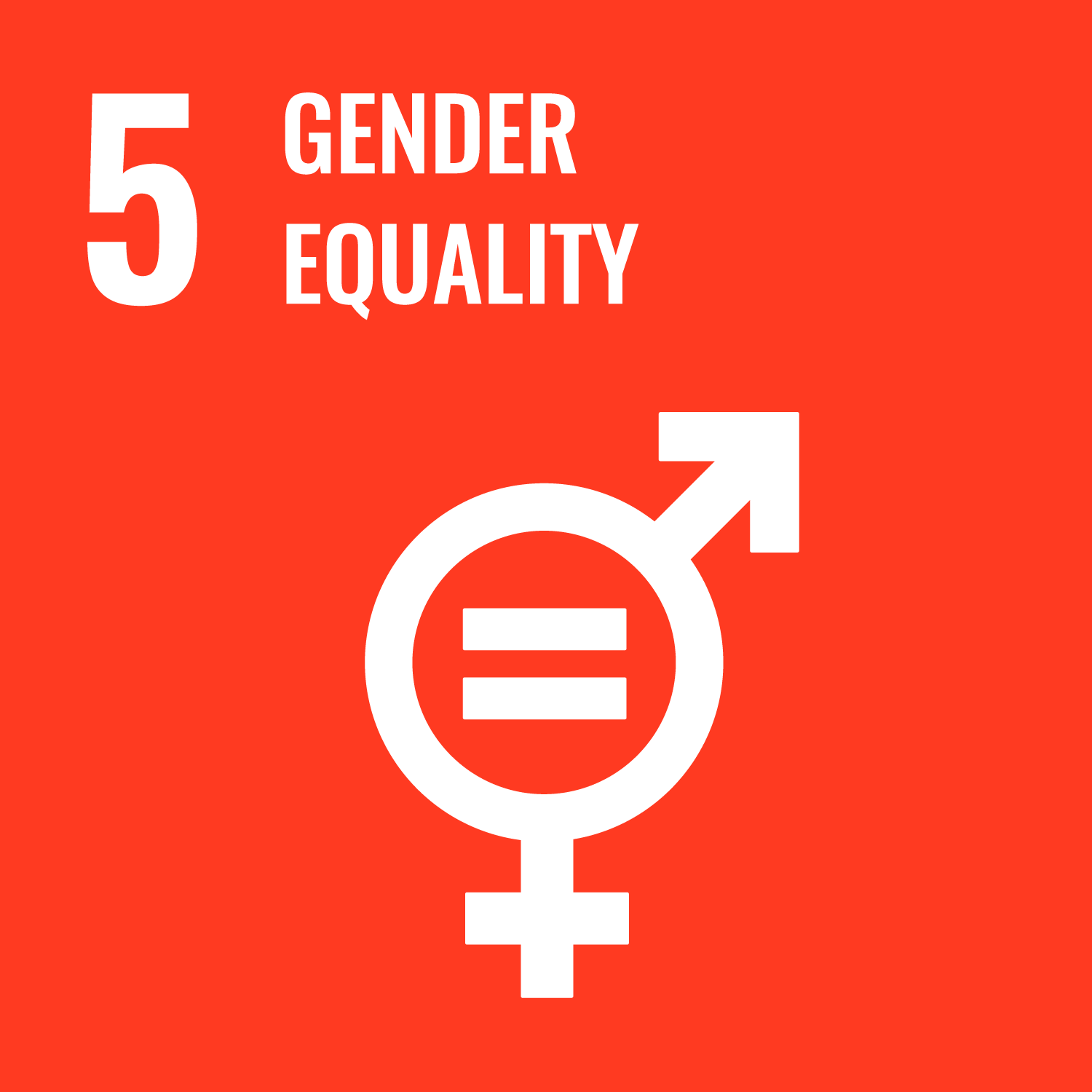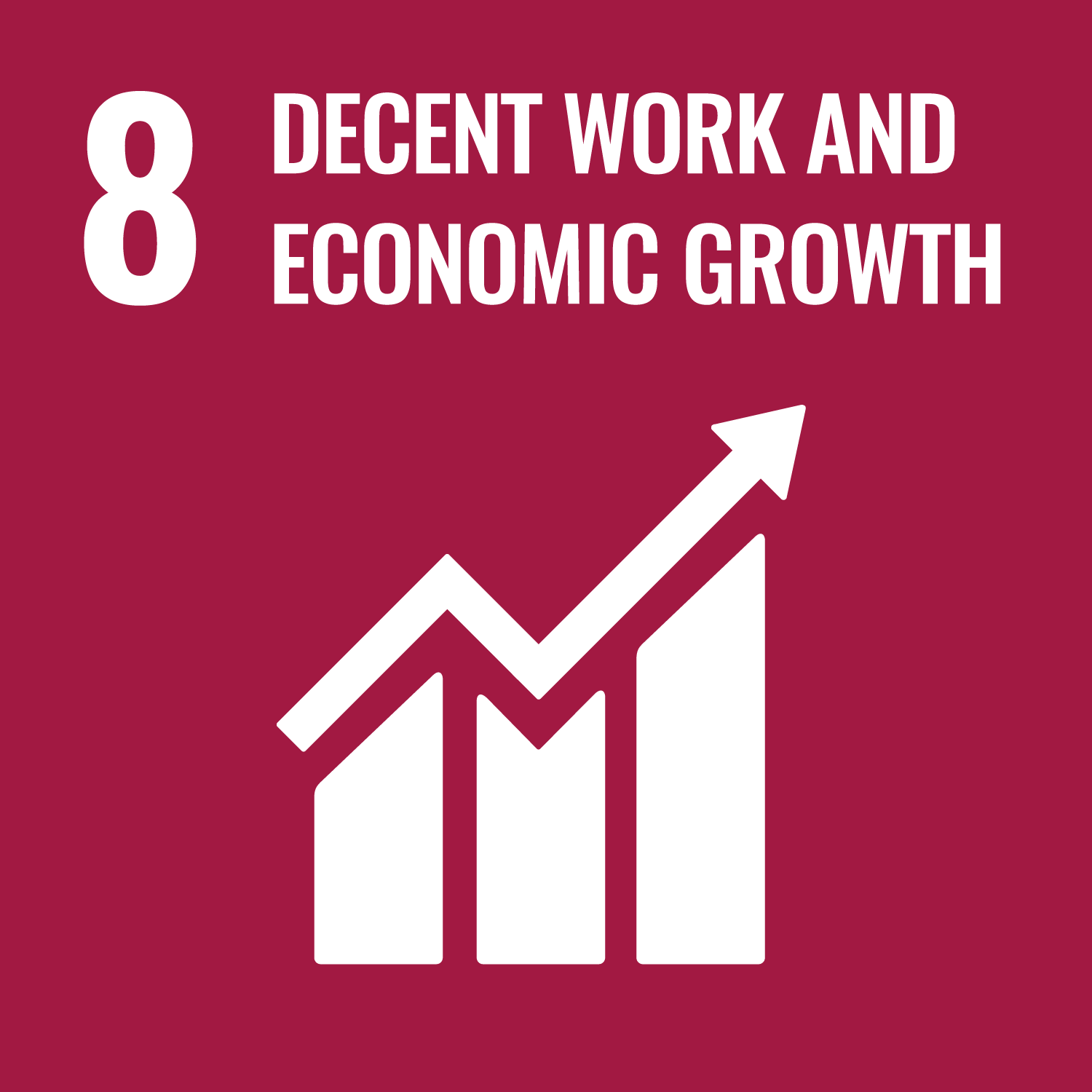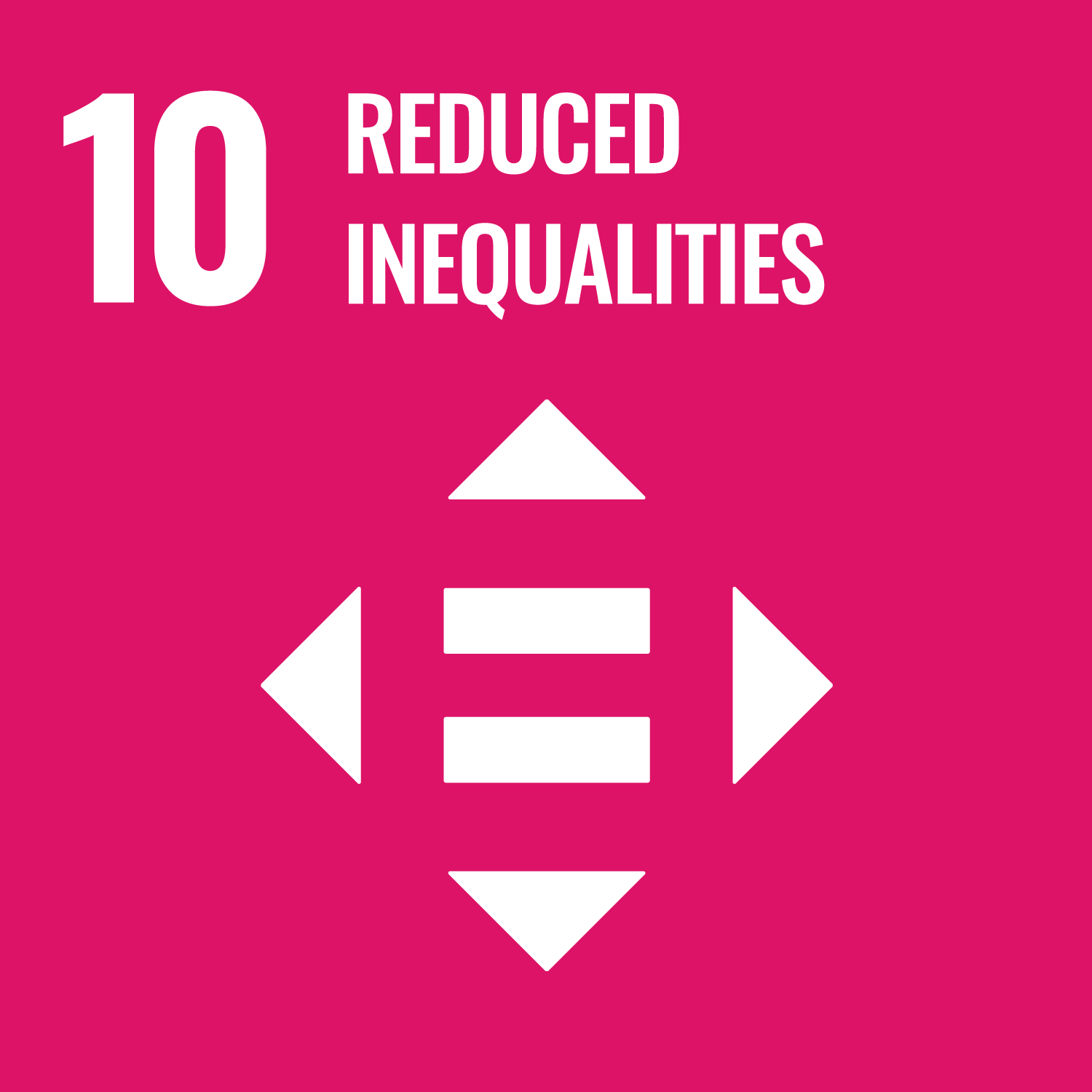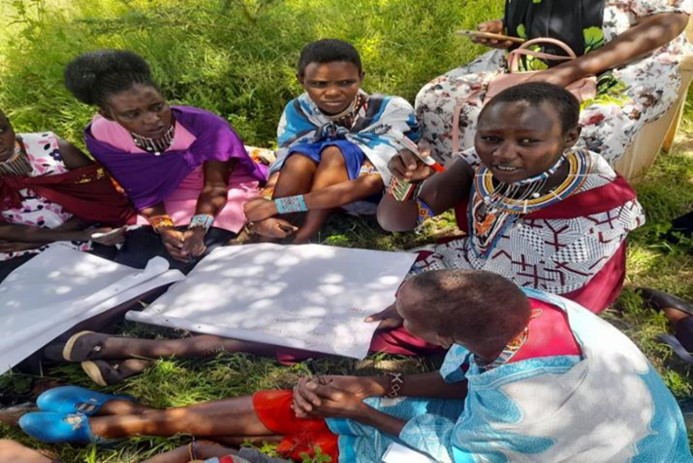A Message from the Gender Based Violence (GBV) Elimination Project in Kenya.



2025.03.08

Let’s unite for Innovative Actions to address Gender based Violence. By working together, we can create solutions that empower women and girls, ensuring a safer, more equitable future for all. Let’s be the change!
Hello!
We are the team members of the NGEC-JICA GBV Elimination Project, committed to addressing Gender-Based Violence (GBV) in Kenya!
GBV remains a serious issue in Kenya, often socially tolerated due to the existing discriminative social norms and practices. About 43% of women have experienced domestic violence (DV) in their lifetime, and child marriage remains a prevalent issue, limiting girls' opportunities for education and economic independence. Technology-facilitated GBV, including threats of rape, cyberbullying and online harassment, is also on the rise.
GBV devastates individuals and communities, affecting health, economic opportunities, and national development. Kenya loses an estimated 46 billion shillings annually due to GBV-related costs (NGEC, 2017).
Kenya has demonstrated strong commitment to address GBV and has comprehensive laws and policies in place. However, their implementation remains a challenge, particularly at the county level. To bridge this gap, we are partnering with three county governments to strengthen GBV prevention and response efforts. Our goal is to enhance service delivery and explore innovative and effective action models to eliminate GBV!
Building Capacity for GBV Prevention and Response
We are training government officers across multiple sectors, including health, education, gender, justice, and public transport to enhance their capacity to respond to GBV. GBV is a societal issue that requires a collective effort, and we strongly believe that building the capacity of diverse sectors is essential in creating a comprehensive and effective response to GBV.
Promoting seamless support services
for GBV survivors
We collaborate with safe shelters and GBV Recovery Canters (GBVRCs) to enhance comprehensive and seamless support services for GBV survivors. For example, we are currently supporting these facilities in establishing network with institutions and stakeholders including vocational training centers and courts of law. This initiative aims to facilitate survivors' access to justice, economic empowerment opportunities and social reintegration by ensuring they receive the necessary support to rebuild their lives.
We are also supporting safe shelters to create more survivor-friendly spaces by introducing kitchen gardens as part of peer counselling activities. Survivors are now engaging in gardening, which provides a therapeutic experience. Caring for the plants and watching them grow has had a positive impact on their well-being, helping them find comfort and a sense of accomplishment in the healing process.
Community led initiatives
To effectively address GBV, it is crucial to drive action at the community level. We have been working with schools, community members, and the business sector to explore effective action models for GBV prevention and response. For example, in partnership with the Ministry of Education, we are developing a GBV-responsive school model. We are supporting various activities such as GBV training for teachers and learners, development of Anti-GBV school Policy and life board game on GBV where learners and community members can learn about GBV by playing.

Learners playing the GBV life board game.
We are also supporting the Anti-GBV Karate Program, where learners are taught karate skills as a strategy for self-defense. They are also empowered with knowledge on GBV, enabling them to become advocates for change in their schools and communities.

Anti-GBV Karate club members.
Through this school-based initiative, both teachers and learners have significantly increased their understanding of GBV. Furthermore, response and support systems have been established in schools, including Anti-GBV Committees and clubs. These structures play a crucial role in handling GBV cases and raising awareness, ensuring that schools become safer and more informed environments for students.
Our other action is to create a GBV-Free Smart Village model in a remote village in Kenya. Together with the women in the village, we have been implementing various empowerment programs aimed at strengthening their economic and social resilience. These initiatives include training women in the production of smart jikos (energy-efficient stoves); promoting climate-smart farming to enhance food security and sustainability; introduction of adult
literacy classes to equip women with knowledge, amplify their voices against GBV, and improve their financial independence.

Smart Jiko production training.

Women discussing necessary actions to address GBV.
As a result of these efforts, we received support from Panasonic Corporation, which distributed solar lanterns to women in the village. These lanterns have enhanced women's safety, allowing them to move safely at night, dedicate more time to studying, and participate in various social and income-generating activities. This initiative has contributed to reducing women's vulnerability to GBV and expanding their opportunities for education and economic empowerment.

Panasonic solar Lantern lighting up the future of women.
We also recognize and appreciate the crucial role men play in driving positive social transformation, and we have been working with male leaders to enhance their actions to address GBV at the community level. The male members have started to lead anti-GBV campaigns in the village by engaging other men in discussions and actions aimed at challenging harmful norms and promoting gender equality.
Promoting business to address GBV
We also recognize the crucial role the business sector can play in addressing GBV. For the first time globally, we organized a Business Idea Marathon and Contest to promote innovative products and services aimed at tackling GBV.
During these two events, private sector stakeholders developed business ideas that demonstrated how businesses can actively contribute to GBV prevention and response. These initiatives proved that the business sector can be a powerful ally in the fight against GBV, driving sustainable and market-driven solutions to create safer communities.

Business idea contest poster.

A contestant from the Business Idea Contest.
Together, We Can Build
Gender Equal,
a GBV-Free Future!
Ending GBV requires collective action. Through partnerships with government agencies, communities, schools, businesses, and civil society, we are trying to create innovative solutions to eliminate GBV by empowering women and girls, engaging men as allies, and strengthening support systems for survivors. While we have made significant progress, our journey is far from over. We must continue to collaborate, innovate, and take action to break the cycle of GBV and create a safer, more equitable society for all.
Let’s stand together. Let’s be the change. Together, we can achieve gender equality and eliminate violence against women and girls.
#EndViolenceAgainstWomen
scroll